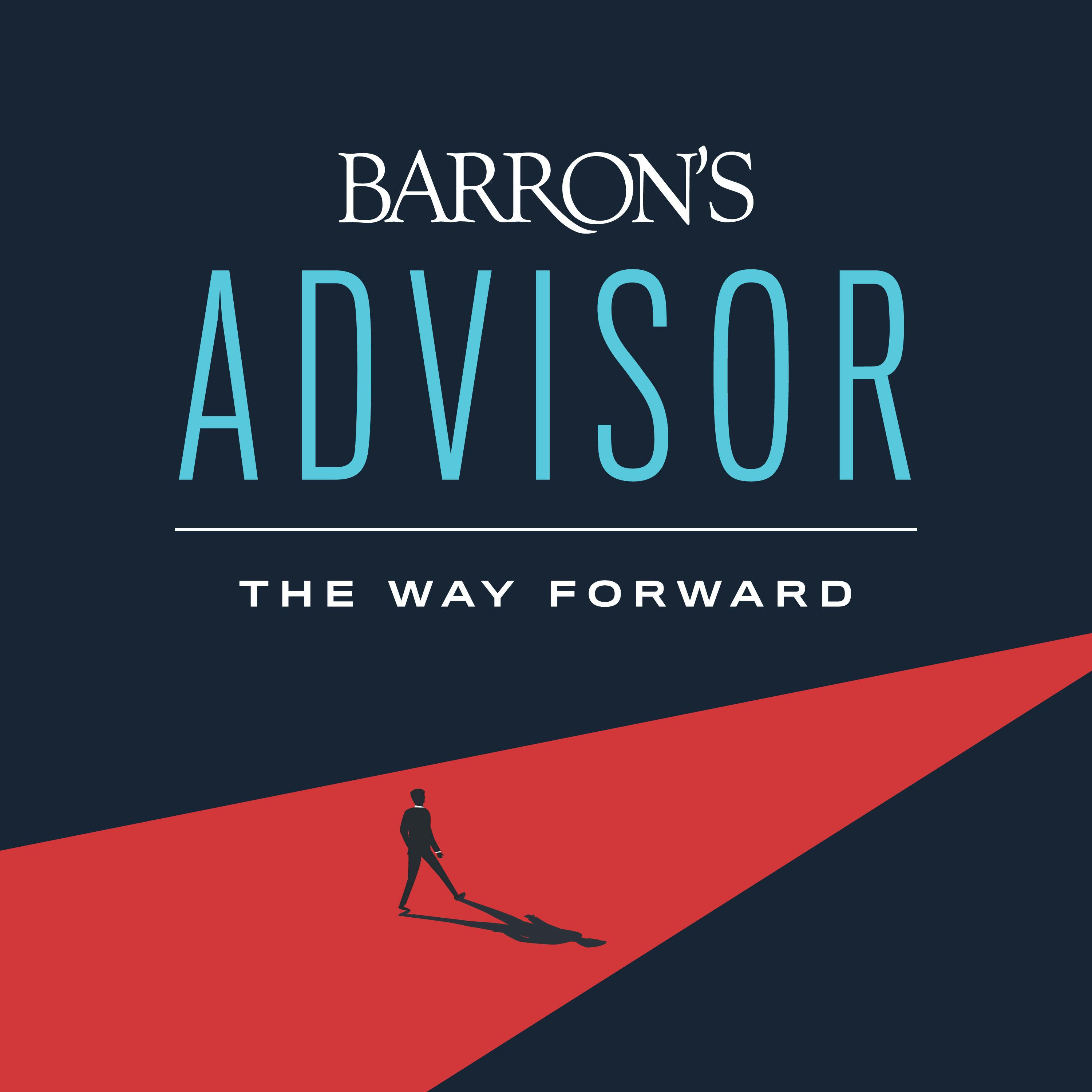
Nikolee Turner: Mastering the Three-Phase Framework for M&A Success

Barron's Advisor
Deep Dive
What are the three phases of Schwab's M&A framework, and what do they entail?
Schwab's M&A framework consists of three phases: Envision, Prepare, and Connect. In the Envision phase, advisors define their reasons for pursuing M&A. The Prepare phase involves proactive planning and readiness, including creating an ideal partner profile and identifying the firm's unique value proposition. The Connect phase focuses on streamlining the process to find and engage with ideal partners efficiently.
Why do advisors typically decide to sell their firms?
Advisors often decide to sell their firms for specific reasons, such as the inability to build necessary infrastructure, the need to solve succession issues, or the desire to provide employees with better career opportunities. Sellers who clearly understand their goals are better positioned to achieve successful outcomes.
How far in advance should advisors prepare for a potential sale?
Advisors should ideally prepare for a potential sale several months to years in advance. Early preparation involves defining long-term goals, envisioning an ideal partner, and enhancing the firm's value proposition to attract the best possible deal structure and price.
What are common mistakes advisors make during the Envision phase of M&A?
The most common mistakes in the Envision phase include skipping strategic rationale for M&A and failing to deeply analyze the value creation a transaction could bring. Advisors often pursue M&A without clear goals or a thorough understanding of what growth or synergies they aim to achieve.
What are the key motivations for acquirers in M&A transactions?
Acquirers are primarily motivated by the need for talent, geographic expansion, and the ability to offer more services. They seek firms that can enhance their national footprint, provide specialized capabilities, and help them achieve economies of scale.
How do successful integrators handle post-acquisition integration?
Successful integrators have a clear, repeatable process for post-acquisition integration. They standardize technology, investment philosophies, and culture, ensuring predictability and efficiency. These firms often have dedicated internal teams to manage the integration process, making it smoother and faster.
What challenges do firms face in achieving profitability after M&A?
Firms often experience a dip in profitability and efficiency after M&A due to the complexities of integration. While they achieve growth in assets and revenue, the process of aligning operations, technology, and culture can temporarily reduce productivity. Over time, firms aim to improve these metrics as integration stabilizes.
How can advisors avoid seller's remorse after an M&A transaction?
To avoid seller's remorse, advisors should thoroughly prepare for the transaction by envisioning long-term outcomes, understanding potential risks, and aligning with a partner that fits their goals. Clear communication, strategic planning, and anticipating post-deal scenarios are crucial to ensuring satisfaction.
What trends are expected in the RIA industry over the next decade?
The RIA industry is expected to see rapid technological advancements, the emergence of mega RIA firms with national scale, and continued growth of new entrants. Advisors will increasingly adopt technology to optimize client relationships while maintaining a human connection, driving innovation and efficiency.
Shownotes Transcript
Schwab’s head of business consulting shares actionable strategies to help you maximize value and minimize regret when buying, selling, and integrating a firm. Host: Steve Sanduski, CFP.